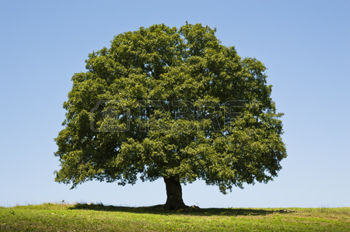Fairies in Old Oaks? July 12, 2016
Author: Beach Combing | in : Modern , trackback
Beach recently came across this curious sentence in Della Hooke’s Trees in Anglo-Saxon England (103). ‘Fairy folks are in old oaks’ and on closer examination the rhyme is everywhere. It appears, for example, twice in Katharine Briggs, Dictionary of Fairies at 159 and 313. Needless to say that has also travelled, like a spore, across the web. There is nothing inherently improbable about the poem, as oaks were, at least in Wales, associated with fairies. But does the rhyme have any traditional basis? Beach has not found an early attestation. However, there is a very similar rhyme. Richard Corbet (obit 1635). In ‘Iter Boreale’, a long poem describing a journey, Corbet has the following passage: Corbet and his companions are lost.
As in a conjurers circle, William found
A menes for our deliverance: Turne your cloakes,
Quoth hee, for Puck is busy in these oakes:
If ever yee at Bosworth will be found,
Then turne your cloakes, for this is Fayry-ground.
But, ere this witchcraft was perform’d, wee mett
A very man, who had no cloven feete;
Though William, still of little faith, doth doubt
Tis Robin, or some sprite that walkes about
Strike him, quoth hee, and it will turne to ayre;
Crosse your selves thrice and strike it: Strike that dare,
Thought I, for sure this massy forrester
In stroakes will prove the better conjurer.
To be clear, then, the gang are lost. William says turn your clothes inside out because Puck has pixy-led us. Then, a forester comes up and William, presumably joking, says that they should attack this ‘Puck’ with magic so he changes into air: Corbet comments though that the forester would get the better in any fight. Is ‘fairy folks are in old oaks’ just a garbled version of Corbet’s lines? Corbet was a popular seventeenth-century poet. Beach is of two minds. On the one hand, William may here just be quoting a popular rhyme, which Corbet has adapted. On the other, the lack of any early record for ‘fairy folks are in old oaks’ is worrying in terms of its authenticity. Can anyone help? drbeachcombing AT yahoo DOT com


